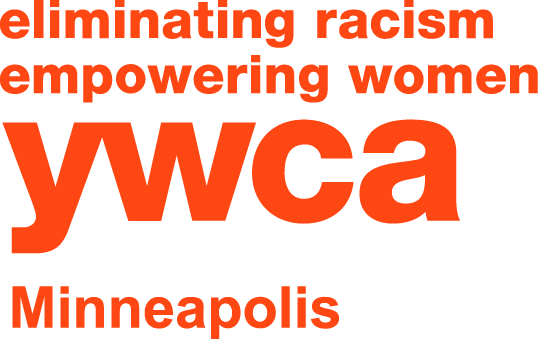What are Reparations?
Reparations are one of many steps on the path to racial justice. What are they, and how can we incorporate them into our lives? Below, we’ll discuss reparations as they pertain to the levels at which we do our racial justice work – systemic, institutional and individual/interpersonal.
What are Reparations?
Reparation is “the making of amends for a wrong one has done, by paying money or otherwise helping those who have been wronged”(Oxford Dictionary). Reparations are an act in support of righting a wrong. When reparations are referenced in the United States, it is often in the context of the enslavement of African people in the 1600s and the genocide of Native Americans.
Reparations in the United States are tied to the denial of land, agency and humanity that occurred in our nation’s history toward Black, Indigenous and people of color (BIPOC) communities. Reparations can include many facets of structural repair but are often given as payments to those harmed.
Money cannot redo history, but it can close some economic gaps and redistribute wealth in a country where many who profit off the land and capital are not the ones who originally inhabited it, cared for it and built it.
Systemic Level
What steps have been taken to advance reparations in our country and state?
Calls for reparations for descendants of African people who were enslaved date back to 1865, when a conversation between Reverend Garrison Frazier, General William T. Sherman and Secretary of War Edwin M. Stanton led to an order for redistribution of 400,000 acres of land for those who had been formerly enslaved and had recently been legally granted freedom. The Order was overturned later that year by Andrew Johnson.
Conversations about reparations center African American and Native American communities primarily, though there have been other conversations and attempts to make reparation for historical wrongs against Japanese Americans and victims of color who endured police torture and medical malpractice. Some calls for reparations are specific to slavery, others to the atrocities faced by Native Americans, and some calls are for a combination of these efforts. Seldom have reparation attempts been fully realized.
H.R. 40 was introduced in U.S. Congress to establish a commission to “study and consider a national apology and proposal for reparations for the institution of slavery,” the racial discrimination that followed, and its effects on descendants today. Similarly, a bill in Minnesota has been introduced several times to do just this – to at least study the impact of harm and what it might look like to have public reparation to the community. However, neither have been passed.
The California Assembly passed a bill that created a task force to study the statewide implementation of reparations. Some cities are having the conversation, too – Asheville, North Carolina, has recently voted to pay reparations to Black residents.
Resources:
Institutional Level
At institutional and organizational levels, reparations can be made to those who have been historically left out of the benefits and opportunities they provide, from corporate and nonprofit America to higher education. One recent example of this was when Georgetown University students voted to create a fund that would cover the tuition of descendants of 272 Africans who were enslaved and sold by the school’s founders to secure the school.
How can the institutions we are a part of – libraries, faith organizations, workplaces – make reparation in land, payment and deeds?
Resources:
Individual Level
How can we make reparations part of a personal racial justice journey?
A phrase often repeated in public policy and the halls of governance is “the budget is a moral document.” It speaks to the fact that where our money goes is not only indicative of our values but is also highly influential. This is true on structural levels – we witness and experience the vast disparities in where money is prioritized and what programs lack it – and who typically endures that lack. In our personal lives, how and where we put our money furthers what we believe in and the world we wish to see.
To make reparations personal, those with race and economic privilege can add a reparations line item to our budget every month – funds that can go directly to BIPOC individuals, projects, debt or micro-reparations projects. In general, budgets can be shifted to support BIPOC-owned businesses whenever possible.
What are some areas in which we can redirect our purchase power to BIPOC businesses?
Resources:
My Turn: The case for creating an ‘individual reparations account’
How I Can Offer Reparations in Direct Proportion to My White Privilege
In many instances, justice cannot be fully granted to BIPOC communities who have been harmed. There are lives, memories and histories that cannot be restored or rewritten. But in the pursuit of racial justice (especially for those of us with privilege), our steps include accountability, reparation and continued work for systemic change. Reparations are one way to acknowledge our true histories and take action that makes amends to those who have suffered in lineage, legacy and life.

